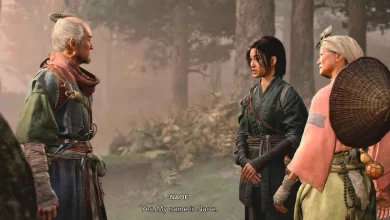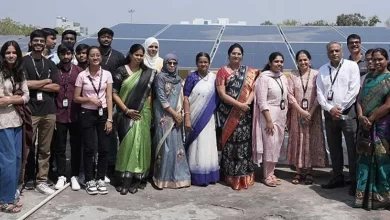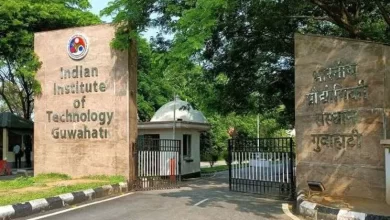
Dr Geetha Nagasree N. (Photo by arrangement)
The first Sunday of June is observed as ‘World Cancer Survivor Day’, to celebrate and applaud cancer survivors — anyone who has been diagnosed with cancer and is surviving. This day is not just for the survivors alone. It is for everyone, including the survivors who face battles with cancer, both physical and mental, their families and near and dear ones who need to pitch in and bear the brunt of the disease as well, the friends and colleagues, and society. The day is also the occasion to further motivate and encourage caregivers and families, refresh physicians’ perspectives, and sensitise and re-educate lay persons on the challenges faced by cancer survivors.
There was once a time when diagnosis of cancer spelled doom. The patients were left to make a choice: what was worse — living with the disease or face the treatment. So common was the perception of death sentence that movies where a character was diagnosed with terminal cancer carried a disclaimer that cancer was treatable if detected early. Those were the days when patients, unable to bear the complications of chemotherapy and radiotherapy or surgery, opted for supportive care.
This is as much a time as any where we have to set a new thought process in motion, and realise that cancer is no longer a devastating monster, and should be viewed the way we view diabetes or hypertension. Cancer is no longer a matter whether the patient or the disease exists. Today it is about understanding that cancer can be a chronic condition when it is kept under check, and, notwithstanding an occasional flare-up, for which medications and treatment are scaled, neither the disease nor the treatment no longer needs to come in the way of leading a productive and fulfilling life.
Treatment for cancer has also gone through a sea change. Chemotherapy has become more targeted, with newer molecules hitting at the cellular level, minimising complications and morbidity. Surgery has become sophisticated, with optimal resections, organ and function preservation, and minimal side effects, with detailed knowledge of biology helping tailor surgeries. Such methods that include minimally invasive techniques such as laparoscopy, endoscopy and robotic surgery have resulted in early recovery.
Similarly, newer anaesthesia techniques and pain relief measures have ensured early recovery and quick mobility of the patients. Though current patients have multiple comorbidities, excellent intensive care sees most of them safely through. Improved imaging techniques, coupled with advanced Radiotherapy today ensure maximum treatment efficacy with minimal side effects.
Newer dimensions in patient care for enhancing quality of life include attending to the survivors’ mental health as well as that of their caretakers is of paramount importance with programmes developed to address these issues. While survivor self-help groups lend a helping hand, the family support system in India, along with that from friends and colleagues at work helps.
To ensure that cancer is not an end, events including survivor games, talent showcasing opportunities, especially as part of cancer survivor day programmes today provde survivors with a fresh outlook towards life. Thus there is a lot to take heart from and plan for the future. On the occasion of World Cancer Survivor Day, let us endeavour to enrich and add not just years to life, but also life to the years of the survivor.
Doctor Speaks
Dr Geetha Nagasree N.
Associate clinical director and senior surgical oncologist
Care Cancer Centre, Gachibowli, Hyderabad
Source.







